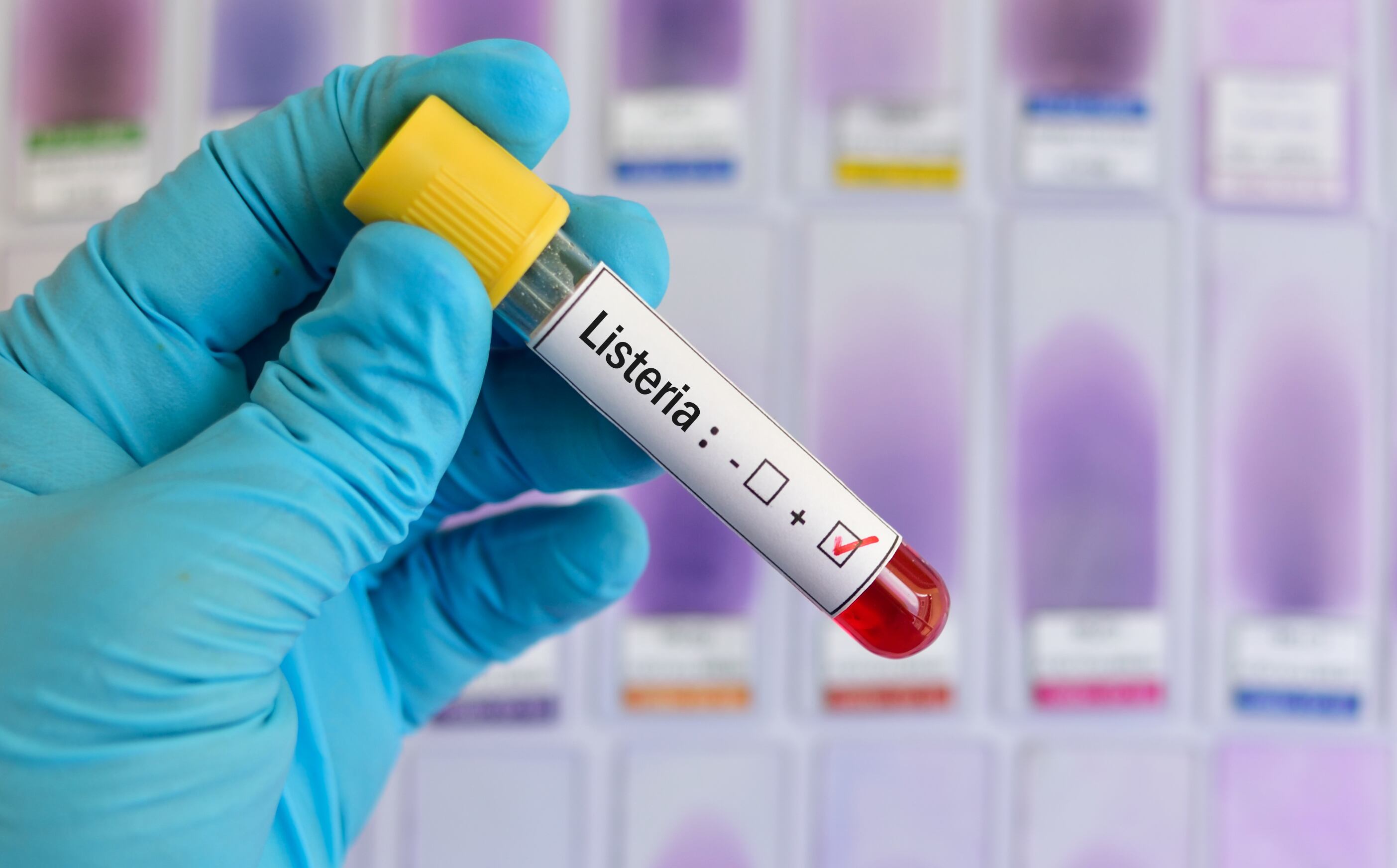This represents a minor increase compared to 2023, when the UKHSA tracked 177 reported cases of the infection.
Listeriosis is caused by the ingestion of the Listeria monocytogenes bacteria and is usually contracted by eating contaminated raw, chilled or ready-to-eat foods.
Most people with Listeriosis won’t have any symptoms or will have mild gastroenteritis, with common symptoms including a high temperature, aches and pains, chills, feeling or being sick and diarrhoea.
However, the infection can cause severe illnesses in the elderly, immunocompromised or those with underlying chronic conditions, while contacting a Listeriosis infection during pregnancy can lead to miscarriage or stillbirth, or severe infections in new-born babies.
According to the data for 2024, of the 28 deaths reported from the 142 non-pregnancy cases, 12 were people above the age of 80.
Among pregnancy-associated infections, which accounted for approximately one-fifth of all cases, 43.7% resulted in stillbirth or miscarriage where outcomes were known.
In England, London had the highest levels of Listeriosis, while the east of England had the lowest.
Meanwhile, the UKHSA investigated seven Listeriosis outbreaks across England and Wales during 2024. The outbreaks were linked to various food products including smoked fish, chocolate and strawberry mousse, garlic sausage and pre-packed sandwiches.
“Listeriosis is a rare infection and most people only experience mild symptoms of gastroenteritis that usually pass within a few days without the need for treatment,” said Vanessa Wong, UKHSA consultant in gastrointestinal infections.
“However, severe Listeriosis is more likely to affect the elderly, very young babies, pregnant women and those with a weakened immune system. The best way to prevent listeriosis is to practise good food hygiene and avoid high-risk foods if you are in a vulnerable group.
“Foods that carry a greater risk of Listeria include soft cheeses, pâté, smoked fish, chilled sliced meats and other chilled ready-to-eat products.”




